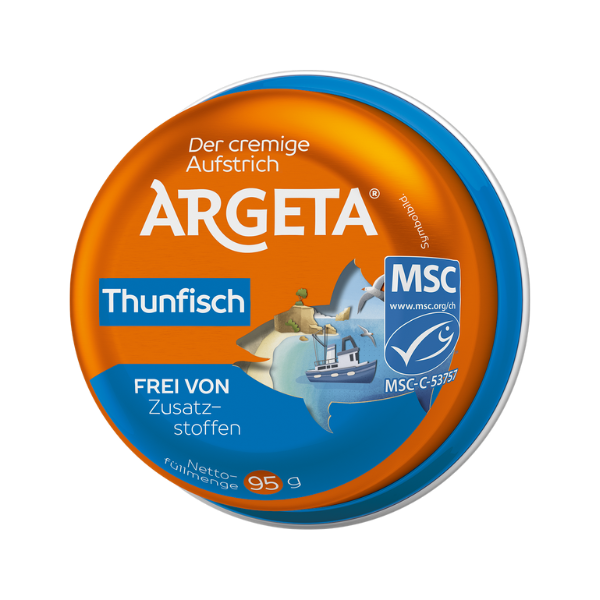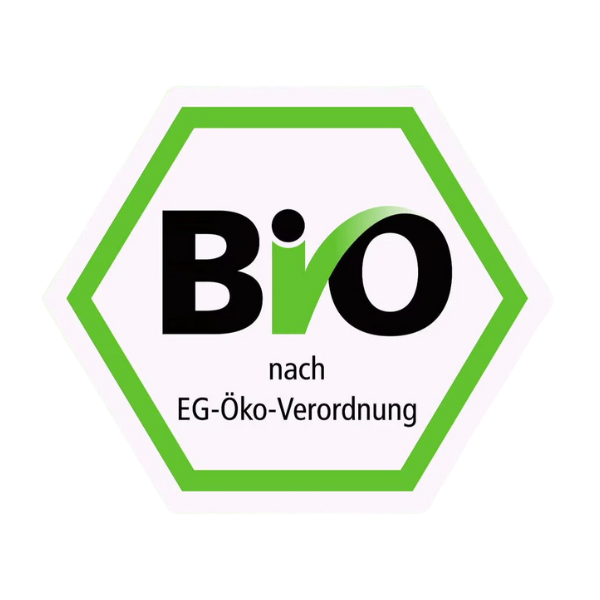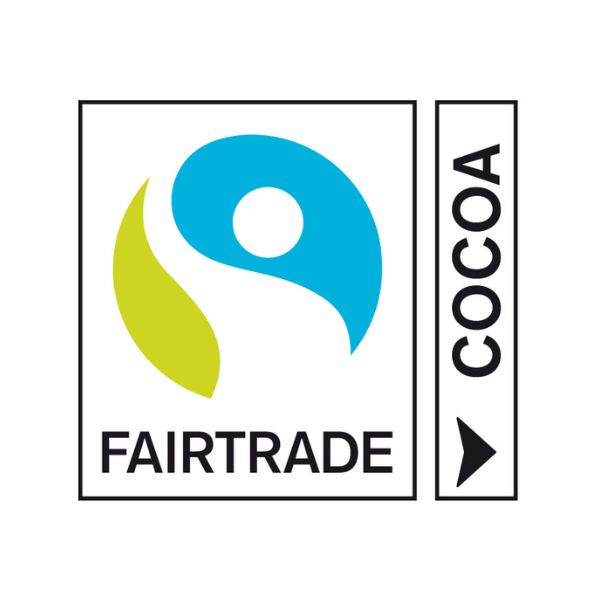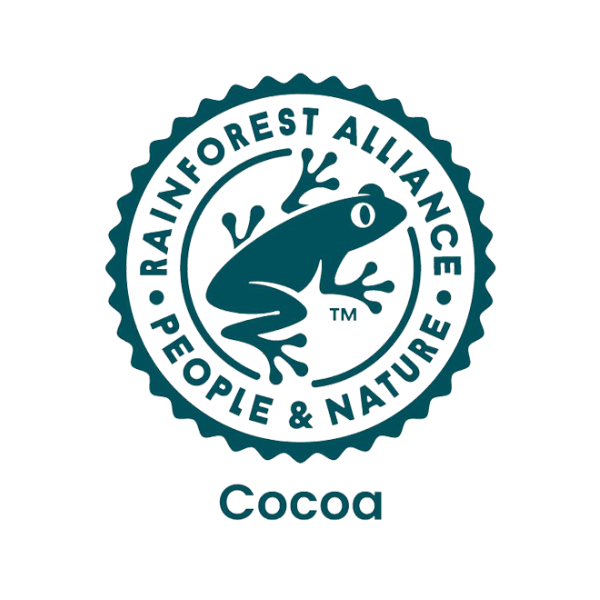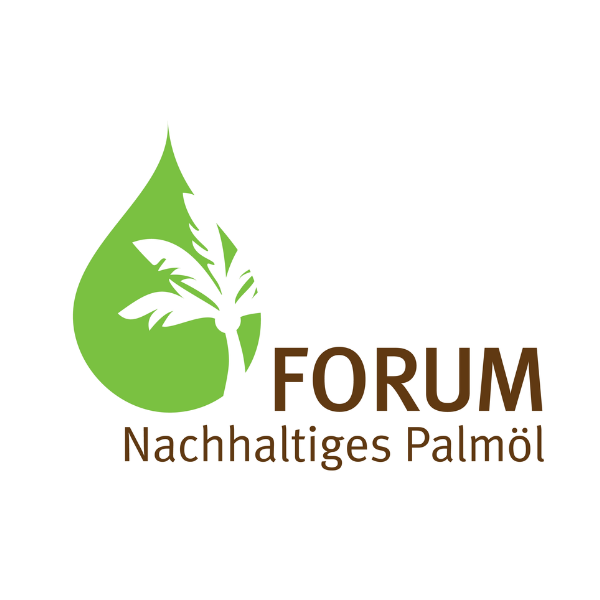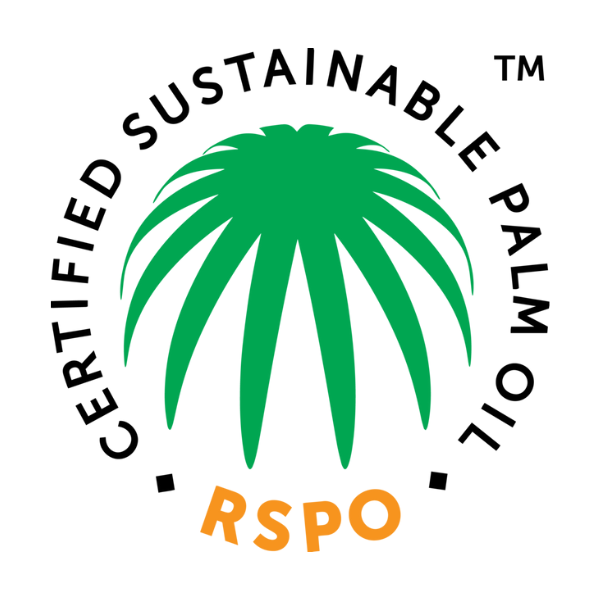OUR BELIEFS

Sustainability is important to us
For us, sustainability is not a project with a start and finish, but an ongoing process. At TOGA FOOD SA, we are aware that our daily decisions make a difference – for the environment, for future generations and for our industry.
That is why we take care to use resources as sparingly as possible, promote environmentally friendly solutions and regularly review our processes. Whether in terms of energy consumption or goods transport, we are working to continuously reduce our environmental impact.
For us, sustainability also means responsibility towards people – towards our employees, our partners and our customers. Because only together can we promote a system that works in the long term.
Employee development
Responsibility arises from cooperation.
Values such as respect and trust are not a bonus – they are part of our foundation. Our employees should be able to develop their full potential – through further training, responsibility and an open communication culture.
Work culture
Our employees are the heart of TOGA FOOD SA. We create a safe and stable working environment in which everyone feels valued and supported. Fair working conditions, long-term prospects and respectful interaction with one another are a matter of course for us. Through continuous development and an open corporate culture, we ensure that our team feels comfortable and can develop its full potential. Because sustainable business begins with the people who work on it every day.
Community projects
The VEBO cooperative is a company that integrates people with health impairments.
When there are temporary peaks in workload at our warehouse, we rely on a team from VEBO. It is a mutually beneficial collaboration – we can learn from each other.
OUR ACTIONS

Electrification of our vehicle fleet
Sustainability begins with everyday decisions.
Environmentally conscious use of resources is no longer a topic for the future. That is why our vehicle fleet is gradually being converted to electric mobility. This will enable us to reduce our CO₂ emissions by 80% by 2028.
Saving food together
By working with organisations such as Tischlein deck dich and various suppliers of products that can no longer be sold regularly, we are preventing food waste. Often, the expiry date is the cause. Added to this are damaged packaging, overproduction and seasonality. Every item saved is a step towards sustainability.
Transport logistics
Sustainability also encompasses the distance that products travel. With optimised transport routes and responsible partners, we are reducing our carbon footprint and focusing on environmentally friendly logistics. Fewer emissions, greater efficiency – for a greener future.
IFS certification
At TOGA FOOD SA, we place the highest value on quality, safety and transparency throughout our entire supply chain. That is why we are certified according to IFS Logistics and IFS Broker – two internationally recognised standards that set strict requirements for food safety and process control.
IFS Logistics ensures that our food storage and transport are carried out under optimal conditions. Temperature control, hygiene regulations and traceability are at the heart of this.
IFS Broker ensures that we, as an intermediary between manufacturers and customers, adhere to the highest quality and safety standards. Through this certification, we guarantee that our partners are carefully checked and monitored to ensure flawless products at all times.
OUR BRAND PARTNERS

Responsible supplier selection
For our brand partners, this means maximum safety, certified quality and complete traceability – for a trusting partnership at the highest level. Our brand partners share our values: commitment, ethical conduct and sustainable standards are key criteria – not just price or availability.
Sustainability begins with knowledge. We want to promote conscious purchasing decisions by bringing transparency to our supply chain. Whether through clear proof of origin, information on certifications or education on fair production standards – we stand for responsible consumption that respects people and the environment.
Here are some examples of the contributions our brand partners make:
– The regional origin of raw materials
– Free-range animal husbandry
– Increasing the shelf life of products to avoid food waste
– Extensive use of sustainable – for example, recyclable – packaging as far as possible
– Sensible planning and utilisation of transport to reduce CO2 emissions
– Doing good for employees and also promoting and supporting them
THE LABELS IN OUR ASSORTMENT

This label stands for fish products that come from controlled, sustainable and certified fisheries. It ensures that the fish have been caught in an environmentally friendly manner and do not come from overfished stocks. It also ensures that no more fish are caught than can grow back.
Companies and farms are subject to strict requirements. These include, for example, refraining from using chemical pesticides and genetic engineering, ensuring species-appropriate husbandry and preserving biodiversity – but also protecting water, soil and air and refraining from using easily soluble mineral fertilisers.
The Fairtrade label stands for cooperation with smallholder cooperatives, more stable prices and longer-term trade relations. Both farmers and plantation workers receive an additional Fairtrade premium for community projects. The standards also include criteria for democratic organisational structures, environmental protection and safe working conditions.
The Rainforest Alliance Cocoa label focuses on the production of cocoa under environmentally friendly conditions. The aim is to preserve biodiversity and create a sustainable livelihood for farmers. The implementation of improved management systems helps to protect the rainforest habitat and reduce poverty in rural communities.
Palm oil is a versatile vegetable oil that is not only popular as a cooking oil but can also be found in many supermarket products. Oil palms yield higher returns than oil plants and require less land. However, the oil has a controversial reputation. The increasing number of oil palm plantations is destroying rainforests and causing significant ecological and social problems in the producing countries. Sustainable palm oil production reduces environmental impact and helps to uphold human rights standards. This is exactly what the labels are committed to.

